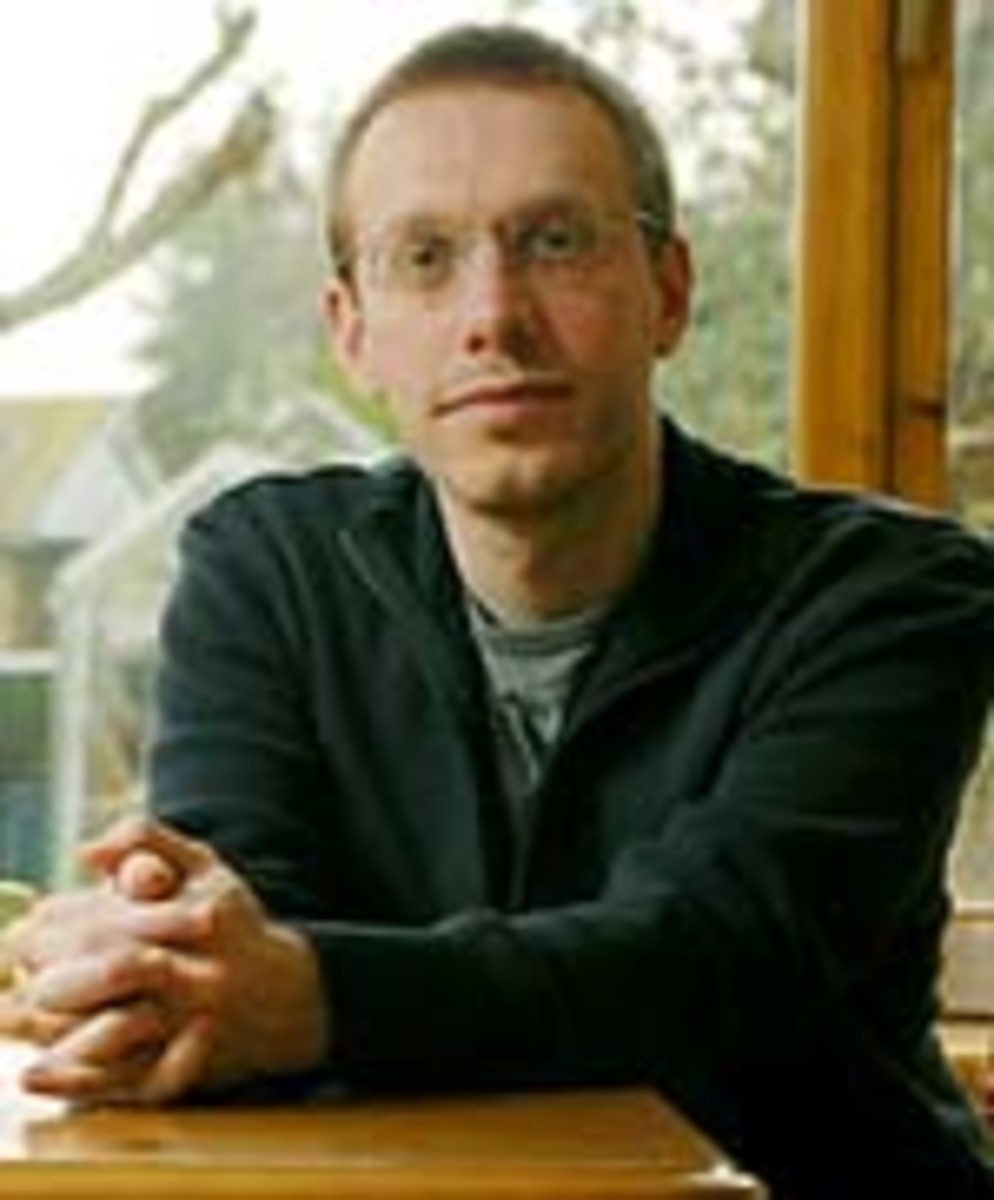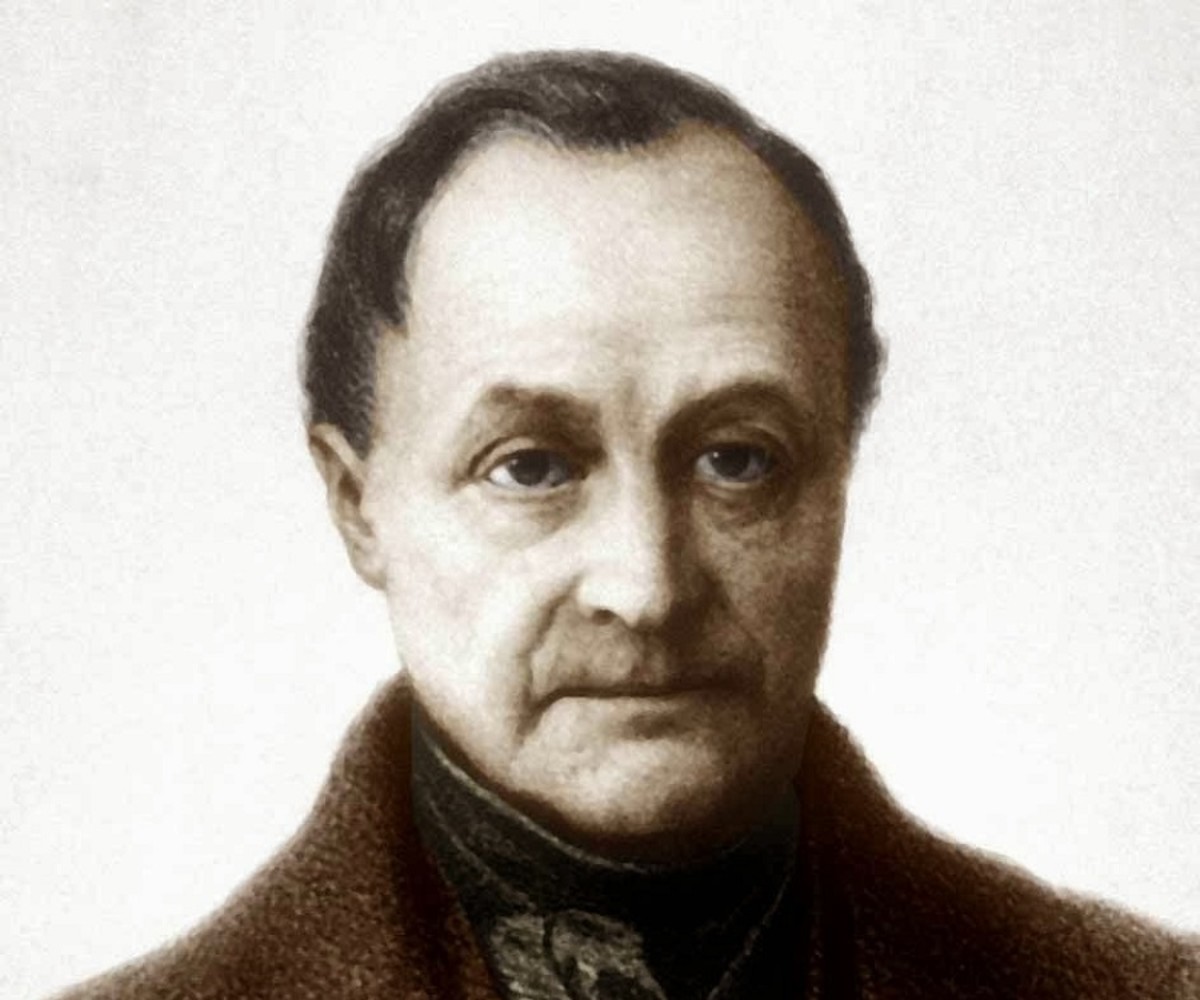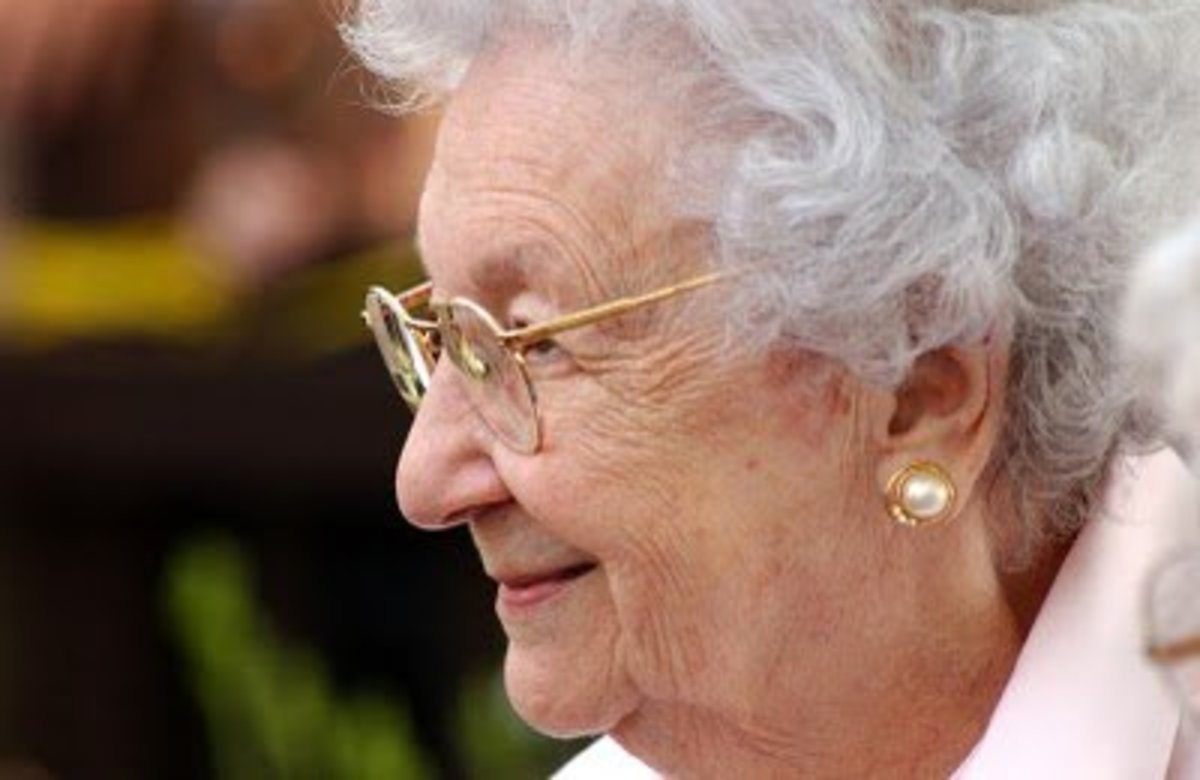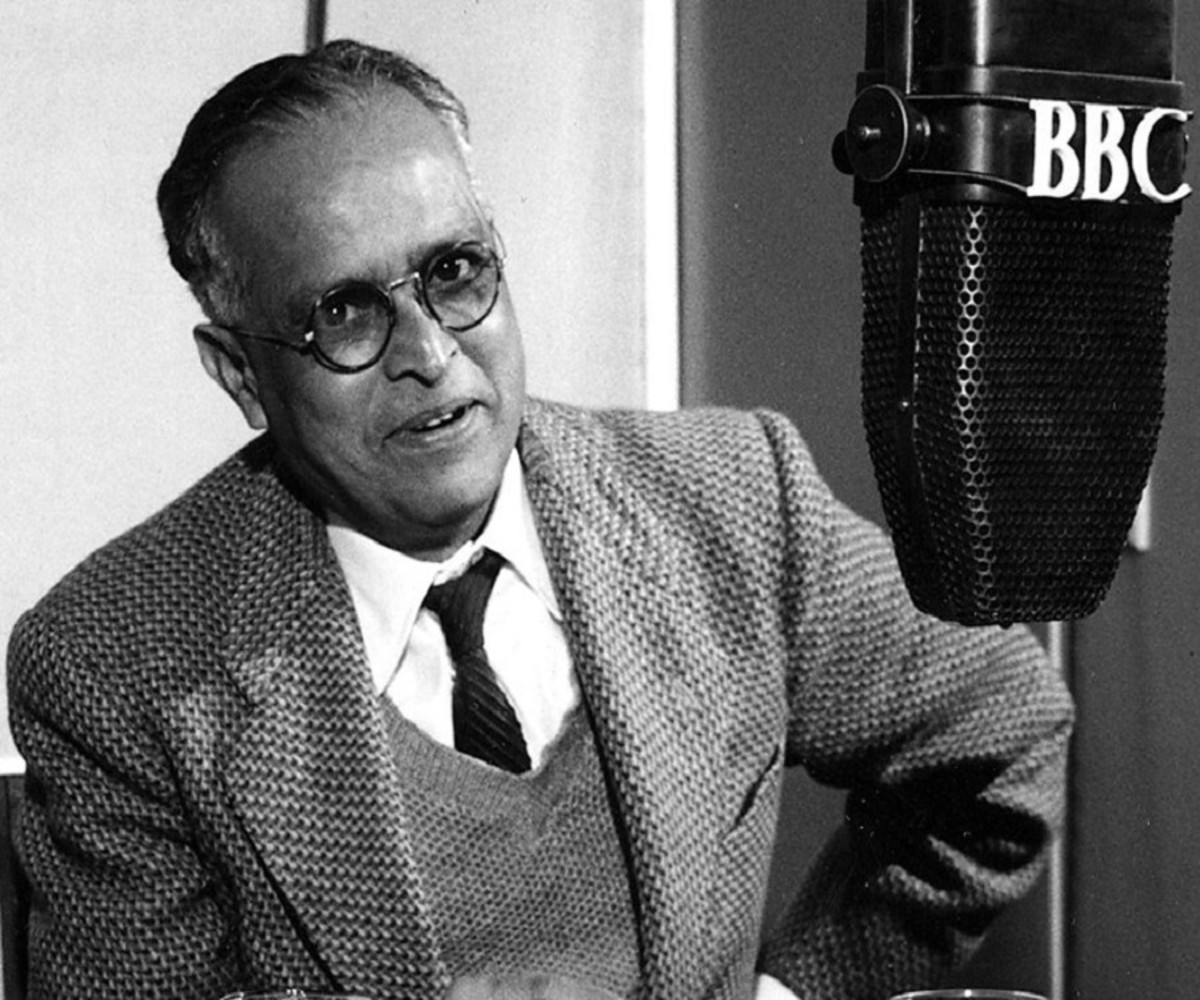- HubPages»
- Books, Literature, and Writing»
- Books & Novels»
- Nonfiction
Book Review: The Rage Against God by Peter Hitchens

Peter Hitchens is the brother of notorious outspoken atheist Christopher Hitchens. Like his brother, Peter went through a phase in his life when he embraced atheism, but then through a series of life experiences, turned back to faith in Christ and the Bible.
In the book’s introduction, Peter puts forth several reasons for writing the book. His first purpose in writing the book was to counter the atheistic arguments of his brother Christopher’s book God Is Not Great. Another purpose was to explain why he, Peter, went astray in the first place. Thirdly, the author wanted to help other atheists see the light, and fourthly, to provide friends and family of unbelievers with insights in how to reason with their wayward kin.
Some might ask, if Christianity is so great, why would the author have turned away from it in the first place? He explains that it began in youthful rebellion. Rejection of the older generation’s values is a common response of headstrong young people who have not reached sufficient maturity to understand the rules and constraints placed on them in their daily lives. Hitchens explains how, as he got older, the rules of society that had seemed so meaningless and useless started to make sense to him.
He also suggests, however, that another reason he turned from God was due to the fact that the form of Christianity presented to him was somewhat of a counterfeit version of Biblical Christianity. It was, in many ways, merely a shell of the real thing.

The book is divided into three sections. Section one, which consists of eight chapters, is largely biographical. In these chapters, the author recounts the educational and social forces in his life that caused him to abandon faith and turn to atheism and then back again to faith. More specifically, chapters one through five chronicle social changes resulting from two world wars that caused him and many others of his generation to lose faith.
In chapter six, Hitchens puts forth a resounding indictment of socialism and communism. Hitchens, as a career journalist, was assigned to live and write in Moscow for five years. Witnessing firsthand the realities of life under communism in the Soviet Union, he saw the connection between atheism and communism and the resulting social and economic disintegration. This segment of his life also played a part in his realization of how empty society is without true Biblical Christianity.
Given the impact of Russian humanism and communism on Peter Hitchens, one wonders if atheist brother Christopher had been the journalist in Moscow instead, if their roles would have been reversed. Would Christopher instead have returned to the Christian faith and brother Peter remained the atheist?
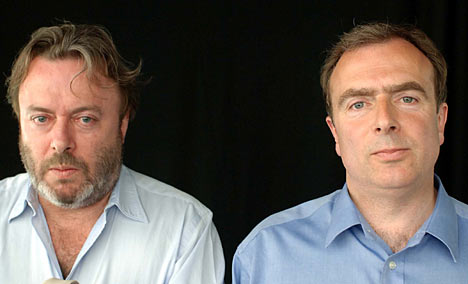
This chapter about the failures of the atheistic Soviet Union is very moving, particularly when he elucidates how he discovered, after having been away for five years, how much his own country of Britain had begun moving in the same direction. He seems to be giving a warning to the reader about what could happen if society continues to move farther and farther away from its Biblical roots. The next chapter, in which he describes his return to faith, is even more stirring emotionally.
In chapter seven he explains the circumstances that brought him back to faith. The turning point back to piety came when he viewed a painting of The Final Judgment by Rogier van der Weyden. His initial impression of it was that of another tedious and tiresome religious painting, one of many found in abundance in Europe. As he continued to stare at it, it began to have an inexplicable supernatural effect on him.
Though the painting of The Final Judgment wrought an immediate change in his heart, it did not translate to his lifestyle so quickly. This happened gradually over a period of years. At one point he began to realize that he had begun enjoying Christmas again. The surprise of all surprises came when he unexpectedly developed the desire to marry the woman he was living with—and to get married in a church of all things!
YOU can make money on HubPages by writing articles like this!
Books by Peter Hitchens
He admits that the painting had caused fear in him, but he now sees fear as a good thing. It is a God-given gift to warn us of approaching danger. He eventually began to understand what the Bible means by the “fear of God.” It is not a morbid fear, but a healthy fear which essentially amounts to a deep sense of awe and respect for God’s holiness.
In chapter eight, he discusses the factors leading to the decline of Christianity in Europe. He suggests that the trend in recent years toward emphasizing multiculturalism has been a convenient excuse to drop the accoutrements of Christianity.
The second section of the book is entitled “Addressing the Three Failed Arguments of Atheism.” A separate chapter is devoted to each of the three arguments.
Chapter Nine: Are Conflicts Fought in the Name of Religion Conflicts about Religion?
The irreligious insist that conflicts fought in the name of religion are necessarily about religion. They seek to establish that religion is the cause of most conflicts in the world and therefore religion is bad thing. Hitchens suggests that in reality opposing parties in a conflict are often using religion as a prop when they are actually fighting over land, power or wealth.
Chapter 10: Is it Possible to Determine What Is Right and What Is Wrong without God?
Unbelievers insist that it is possible to determine what is right and wrong without God but, as Hitchens says perfectly: “They have a fundamental inability to concede that to be effectively absolute, a moral code needs to be beyond human power to alter.” Then he adds: “Left to themselves, human beings can in a matter of minutes justify the incineration of populated cities, the mass deportation—accompanied by slaughter, disease, and starvation—of inconvenient people, and the mass murder of the unborn.”
Chapter 11: Are Atheist States Not Actually Atheist?
This is a very insightful chapter. Hitchens begins it by acknowledging what atheists often point out—that faith has often led to obscene violence and intolerant persecution. But, he explains, this is due to the fact that people either misunderstand or misuse teachings of the particular religion they adhere to.
Then he points out that atheists also ought to acknowledge that godless governments have similarly given rise to untold murders and mistreatment. They will not do so, he says, because in their case it is not due to misunderstanding or misguided zeal. The total destruction of any opposing ideology is the only way totalitarian governments can achieve their goals.
In the second section, Hitchens makes some casual rebuttals against his atheist brother Christopher’s denunciations of Christianity, but the third section is practically dedicated to it. He discusses how both his brother Christopher in his book God Is Not Great and famous atheist Richard Dawkins in his book The God Delusion both say that teaching children about religion is child abuse, even worse than sexual abuse by a Catholic priest. They both say this should be the one exception to freedom of speech and parents should be forbidden from doing so. Peter, of course, strongly disagrees. He says that childhood is the best time to teach children these things when their minds are so receptive to it.
The last section also continues the author’s diatribe against communism and points out that the very same intellectuals, who prided themselves on their enlightened thinking unencumbered by the childish superstitions held by uneducated worshippers of relics from the past, were the ones that fell for the deceitfulness and corruption that comprised Soviet Communism.
Peter ends his book with an epilogue in which he explains that he and his brother Christopher have always had a troubled relationship. When Peter was nine and Christopher was 12, their father made them sign a peace treaty. Within a short time, Peter had erased his name from the treaty and they have been in conflict ever since.
I agree with Hitchens evaluation of the connection between atheism and communism and the resulting downward spiral socially and economically. It does seem to be the case, in general, that unbelievers are more often drawn to socialism and communism, whereas pious people tend to prefer a free society. People who do not trust in a loving God seem to either consciously or unconsciously expect the State to take His place. On the other hand, truly devout people (educated more so than uneducated, in my opinion) are not easily fooled by the false promises of humanistic regimes.
I absolutely loved this book. It’s a great book for anyone who wants to know why they should believe in the Bible and Christ or who wants to have an answer for someone who challenges his or her belief. Peter rips to shreds the best arguments of atheists, but they will never admit it unless the Holy Spirit intervenes in their hearts as He did in Peter’s.
More Hub articles about Christopher Hitchens (there weren't any others about Peter)
- Christopher Hitchen's Atheist Challenge Answered
- Christopher Hitchens Slips Up in GOD IS NOT GREAT
Christopher Hitchens, normally so meticulous in his research, slips up in GOD IS NOT GREAT. - Who is Christopher Hitchens?



